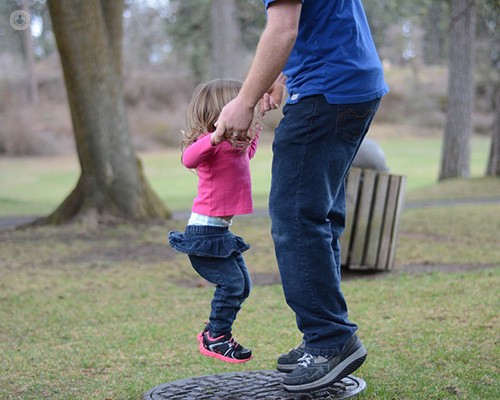


What are language disorders?
Language disorders are impairments which affect understanding of what is being said, and the ability to express thoughts and feelings, most commonly seen in children. The disorders can be of three types:
- Receptive language disorders: represent the inability to understand.
- Expressive language disorders: hinder the ability to express thoughts and ideas.
- Mixed disorders: represent the inability to both speak and to understand correctly.
What are the symptoms of language disorders?
In receptive language, the main symptoms are having trouble understanding what others say, difficulty in following simple instructions, and organising the the information that one hears. These symptoms are difficult to detect at an early age.
In the case of expressive language, symptoms can be identified more easily at an early age. Not talking until the age of two, communicating at the age of three but struggling with words, or having difficulty explaining something may be symptoms of expressive language disorders.
What are the causes of language disorders?
There is no well-defined cause of language disorders, although it is estimated that the main ones may be:
- Genetics: according to research, between 20 and 40% of children with a history of language disabilities have this disorder.
- Other conditions: Down’s syndrome, disorders on the autism spectrum, premature birth, learning disabilities.
What is the treatment for language disorders?
Language disorders should be treated as early as is possible. The main techniques used are:
- Regular speech therapy: a therapist works with your child on the development of vocabulary and grammar, as well as giving tips on how to help your child at home.
- Psychotherapy: used when a child has emotional problems due to language difficulties.
How can I help my child if they have a language disorder?
- Talk and communicate with your child as much as you can. If you’re going on a walk, talk to them about what you can see around you, and interact with them.
- Engage with your child and give them time to respond – don’t feel like you have to fill the silence.
- Listen to songs, or sing to your child.
- Read to your child and interact with them while you are reading. Talk to them about the pictures they can see in the book and what they think, for example, the ending might be.
